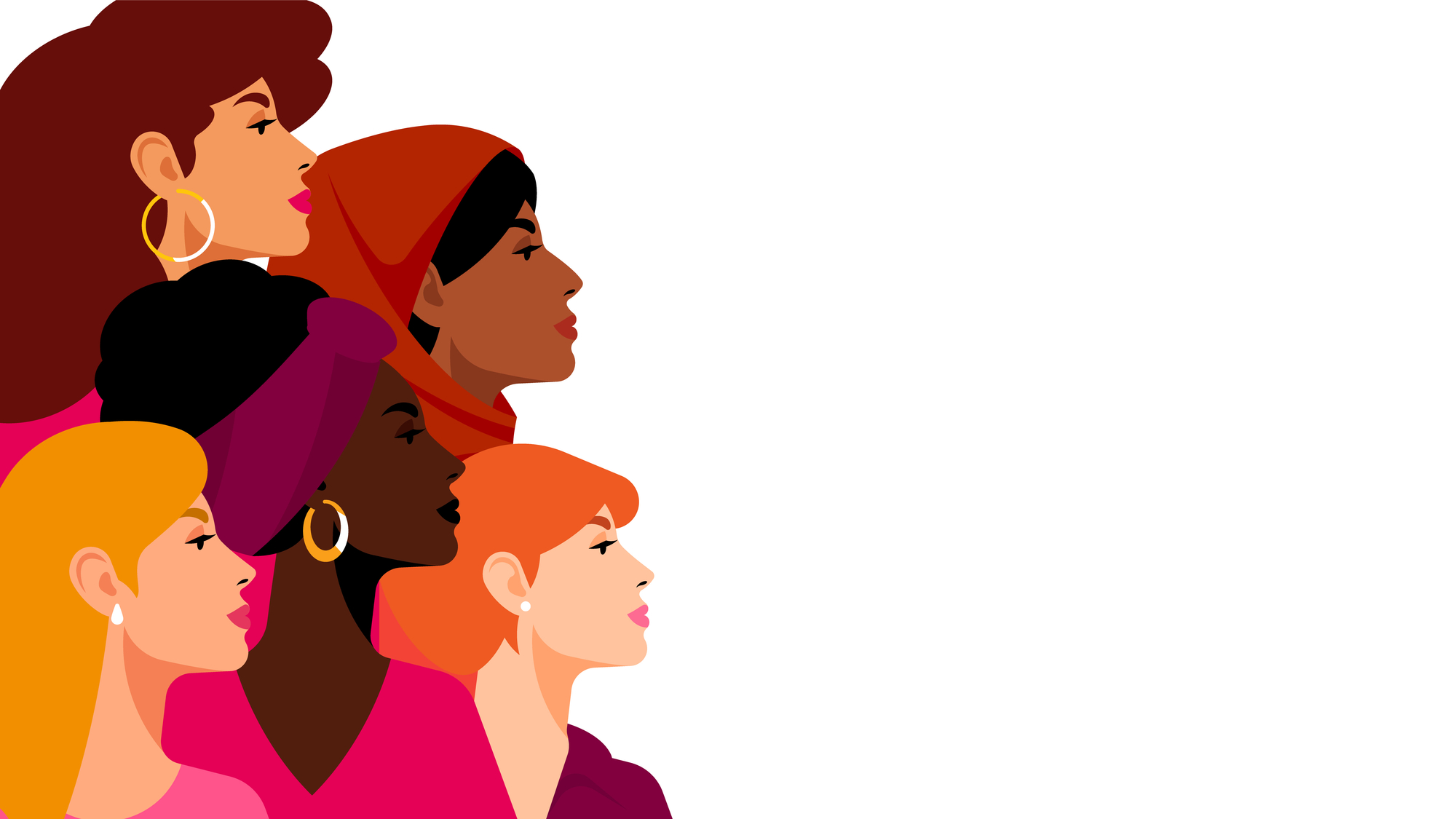
5 minute read
The Mental Health Impacts of Overturning Roe v. Wade
The Charlotte Jewish News June/July 2023
By Howard Olshansky, JFS Executive Director
Advertisement
Last year’s Supreme Court decision that overturned Roe v. Wade generated strong feelings on both sides of the issue. However, beyond the issue of women’s rights, fetal viability, special exceptions, and abortion access is the reality that the decision to overturn Roe v. Wade will significantly impact the mental health of not only women but our whole society.
Long before the Dobbs decision, which overturned Roe v. Wade, Professor Diana Greene Foster, at the University of California, San Francisco, assembled a team of scientists to conduct a ten-year study known as the Turnaway Study (now a book by the same name), the first longitudinal study to examine the longterm effects of abortion as well as the negative consequences for women who cannot get abortions - who are turned away.
The study aimed to describe the mental health, physical health, and socioeconomic consequences of receiving an abortion compared to carrying an unwanted pregnancy to term. It turns out, the main finding of the Turnaway Study is that receiving an abortion does not harm the health and well-being of women. The study found that abortion was not associated with any adverse post-abortion mental health outcomes, including depression, anxiety, post-traumatic stress, suicidal ideation, or substance use disorders. People who obtained an abortion described feeling predominantly positive emotions, most commonly relief, and over 95% described the abortion as the right decision shortly after their abortion and up to five years later.
In fact, being denied an abortion is what results in worse financial, health, and family outcomes. The only harms to psychological health that were found were to people denied an abortion. They experienced short-term elevated levels of stress, anxiety, and low self-esteem, as well as feelings of regret and anger. The study found that as more people were unable to access their desired care, they were likely to similarly feel stress, anxiety, low self-esteem, and anger.
According to an article in the British Medical Journal, the new abortion policy landscape in the U.S. will increase stress and anxiety by exacerbating barriers to care and constraining people’s choices. Other research has found that people who experience difficulty navigating the logistical challenges to obtain care, including having to travel and who feel forced to tell others or to wait to have an abortion after making the decision, have more negative mental health symptoms. For too many, these barriers will be insurmountable, particularly among those who lack psychological and emotional resources and the time or money to travel to another state. The outcome of the legal challenges to accessing mifepristone will significantly exacerbate this issue. Those unable to travel will have no choice but to self-manage their abortion or to carry their unwanted pregnancy to term.
The article also states that women “who were denied an abortion were more likely than those who obtained one to stay in contact with violent partners, to be less optimistic about their future, to experience economic insecurity that lasted for years and extended to their children, and to bond poorly with the baby.”
The Supreme Court’s decision to overturn Roe v. Wade will have an adverse impact on the mental health and suicide risk for our youth, according to an article by the Jed Foundation, a nonprofit that protects emotional health and prevents suicide for our nation’s teens and young adults (Overturning Roe v. Wade Adds to the Youth Mental Health Crisis). The article states, “This comes at a time when youth mental health is already in a state of ‘crisis,’ according to the U.S. Surgeon General. One in three young adults between ages 18 and 25 has experienced a mental, emotional, or behavioral health issue in the past year, while suicide is the third-leading cause of death for those ages 15 to 24. It is important to note that, according to the Guttmacher Institute, the majority of people having abortions in the United States are in their 20s.”
It is crucial to recognize that the impact of the Roe v. Wade decision does not only affect women. According to a Pew Research Center analysis of Centers for Disease Control and Prevention (CDC), in 2019, 60% of abortion
recipients were women who had given birth previously. This data point indicates that a significant percentage of women having abortions were connected to a partner or spouse who was also involved in that decision. The emotional toll of losing choice affects both parties.
Moreover, we know that when someone struggles with a mental health issue such as anxiety or depression, the impact is felt by their family, friends, and coworkers. Therefore, if the decision to overturn Roe v. Wade has a negative impact on the mental health of a woman, we are all affected.
Regardless of one’s stance on abortion access, the evidence suggests that the decision to overturn Roe v. Wade will have a negative impact on our mental health.


